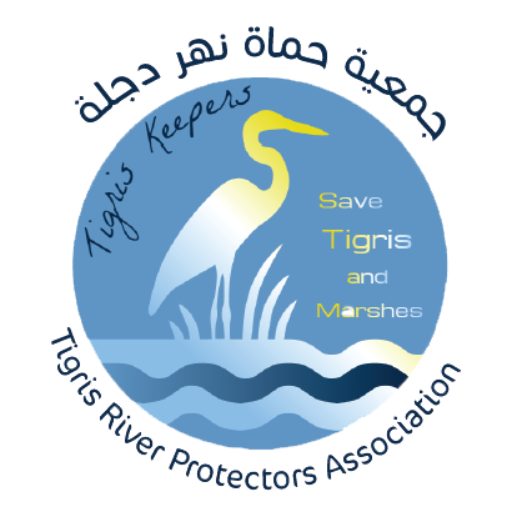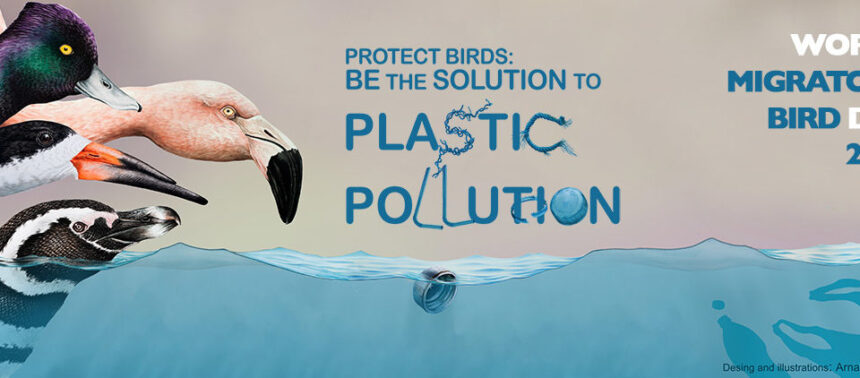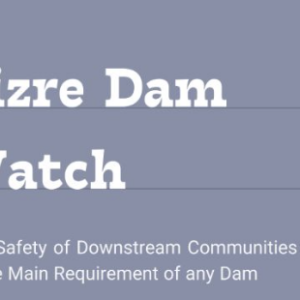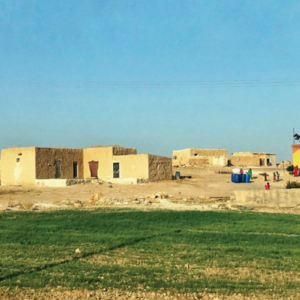Laith Al-Obeidy
The Diwaniya Social Forum for Environment and Peace, in cooperation with Humat Dijlah Association, celebrated World Migratory Bird Day 2019 by distributing and delivering information to the public through social network platforms and the hashtag #Protect_Birds_Be_the_Solution_to_Plastic_Pollution.
We are in solidarity with our colleagues from around the world in the campaign “Protecting birds: Be a Solution to Plastic Pollution!” Iraq is considered one of the main routes for the migration of different types of birds. The diversity of environments and the availability of food support result in the arrival of large numbers of birds during migration seasons. But the Environment & Peace Forum and Humat Dijlah Association, as well as Iraqi civil society more generally, are very concerned about pollution and its harmful effects on the environment and biological diversity in Iraq. This year highlights the impact of plastic pollution on migratory birds and their habitats.
The harmful impact of plastic pollution
With annual production of more than 300 million tons, plastic is one of the most widely used materials in the world. It is often forgotten that plastic is used for its main purpose only once in its life span, which runs from 20 to 500 years. It is lightweight and designed to last; neglected pieces are easily transported to ecosystems through the forces of nature which cause serious threats for migratory species worldwide.
An estimated 8 million tons of plastic waste enter the world’s oceans each year. To make matters worse, plastics do not simply dissolve. Where it breaks down in small particles by water, sunlight and wind, plastic can often lead to fatalities due to ingestion and intertwining.
How does plastic affect birds?
Unfortunately, a bird’s wings do not help it escape the plastic threat!
Young dead birds are often found with plastic-filled stomachs, tangle-ups, and other cases of suffocation due to plastic rings and nets. These are very real threats caused by plastic to birds and other wild animals.
Ingestion
The search for food makes sea birds prone to consuming plastic. Plastic objects float on the surface of the water, some of which are covered with algae and are then eaten by birds.
Single-use plastics such as bags and drinking bottles can easily be mistaken for prey in both shape and smell. Unintentionally, birds feed their young birds with plastic pieces. The young birds have an immature digestive system and are more affected by plastics than full grown birds.
In cases of ingestion, the damage caused by plastic depends on the form of plastic particles. Sharp pieces cause immediate death through the internal organs. But plastic consumption by birds can often also lead to a chronic feeling of hunger and starvation because it gives the feeling of a complete stomach without any nutritional value. Coating chemicals on plastics are also an additional threat.
Tangle
Plastic layers covering wetlands lead to many tangles and traps. Abandoned fishing gear is one of the most common causes of a phenomenon called “ghost hunting.” The trapped birds are either injured and get sick or end up drowning. Trapped birds are often limited in their movements and easily become prey to other animals.
What can be done to prevent the problem?
More than one million seabirds die each year from the effects of plastic. Research suggests that an estimated 90% of seabirds have plastic parts in their intestines. At this rate the proportion of seabirds consuming plastics will reach 99% by 2050.
Studies indicate that local waste management projects offer a way to address this problem in a short period of time. Common sense and awareness campaigns can help to reduce the rising tide of plastics.
The international community needs urgent action to reduce the number of unnecessary injuries and deaths of migratory birds due to plastic contamination. World Migratory Bird Day 2019 represents a unique opportunity to join efforts to address the serious problem of plastic contamination and its negative impacts on migratory birds. Let us unite our voices to address this rapidly growing environmental concern!
What should be done to fight plastic pollution?
Reduce, re-use, and recycle! Reduce your use of plastics and replace them with environmentally-friendly alternatives; re-use plastic materials; and dispose of them in a sustainable way that allows for recycling.
Clean-ups! Join plastic clean-up activities in your area, whether on beaches or along rivers.
Spread the word! Support local and global actions against excessive and unnecessary use and disposal of harmful plastics.
#Protect_Birds_Be the_Solution_to_Plastic_Pollution
#Diwaniyapeaceforum
#Humatdijlah
#Iraqisocialforum





Leave a Reply